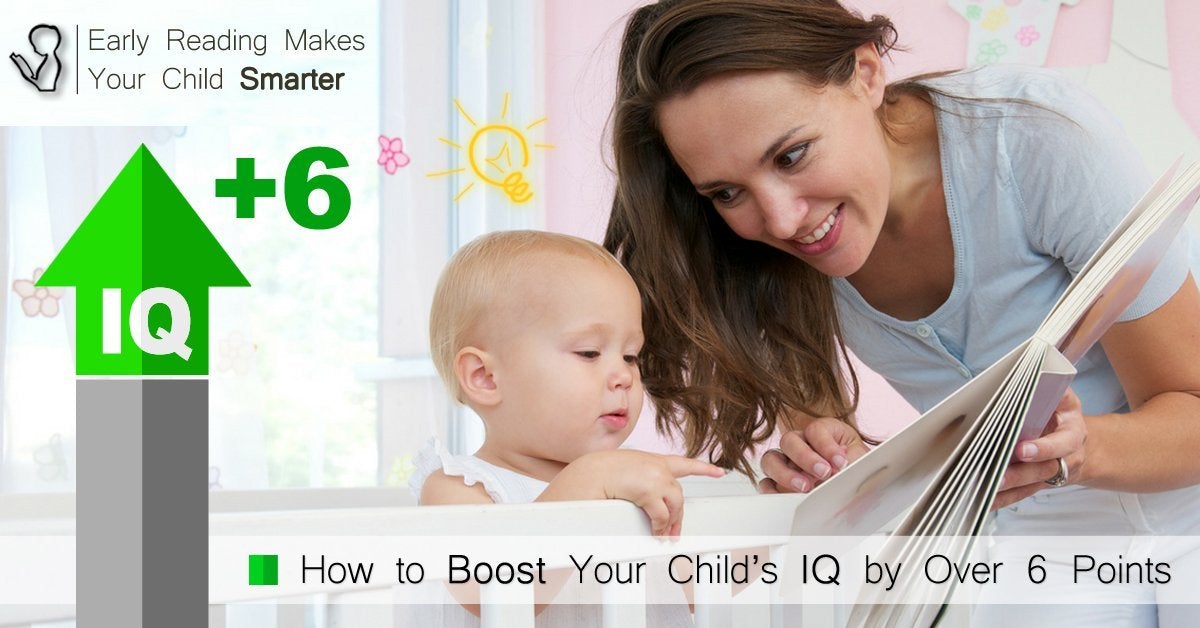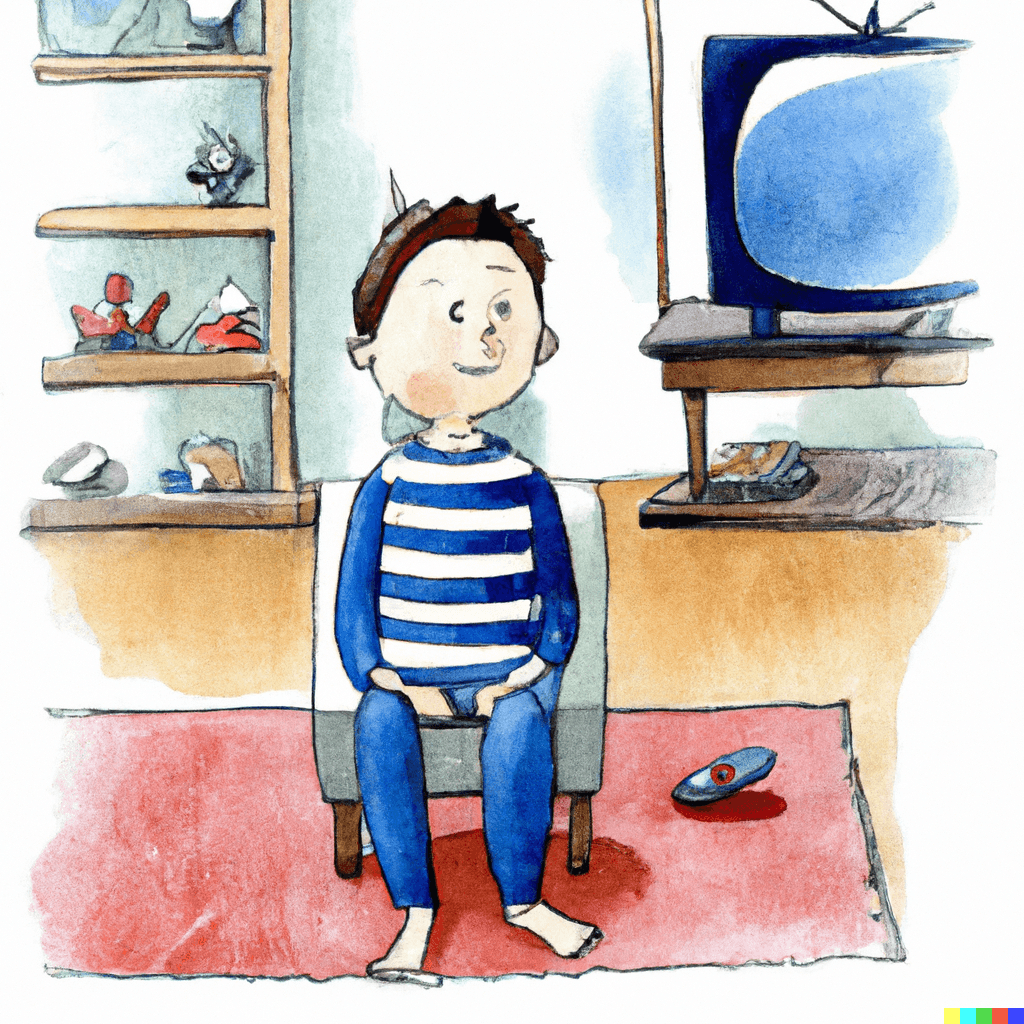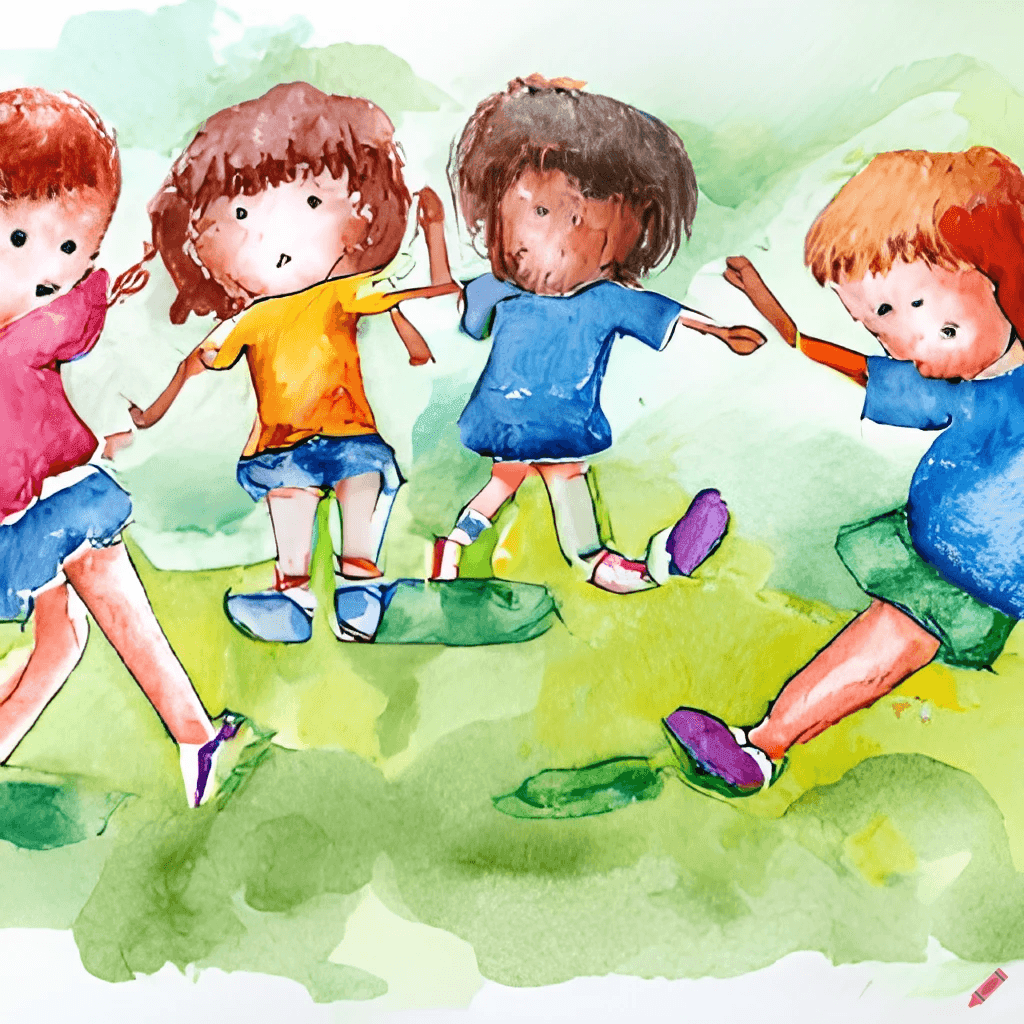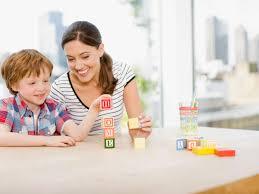By: ChildrenLearningReading.com
Teaching your baby to read is becoming more and more high priority for parents now as it becomes clear that learning to read at a young age offers numerous advantages for the child once he or she begins school. Studies have consistently found that teaching a baby to read and helping children develop phonemic awareness well before entering school can significantly improve their development in reading and spelling. However, when it comes to teaching babies to read, there are two main teaching methods.
These two main methods of teaching a baby or child to read are the whole language method, and the phonics and phonemic awareness method (the phonetic approach), which should be the preferred teaching method in helping children learn to read. Some prefer the whole language method, while others use the phonics approach, and there are also educator that use a mix of different approaches. With the Look-say approach of whole language learning, a child begins with memorizing sight words, and then taught various strategies of figuring out the text from various clues.
The whole language method produces inaccurate and poor readers compared to students of the phonetic approach. Using the whole word approach, English is being taught as an ideographic language such as Chinese. One of the biggest arguments from whole-language advocates is that teaching a baby to read using phonics breaks up the words into letters and syllables, which have no actual meaning, yet they fail to acknowledge the fact that once the child is able to decode the word, they are able to actually READ that entire word, pronounce it, and understand its meaning. So in practicality, it's a very weak argument. English is an alphabetic system, and unlike Chinese, it is not an ideograph like Chinese characters, and should not be taught using an ideographic approach.
I always say that if your baby can speak, then you can begin to teach your baby to read. I won't mention any names here, but I think most parents are probably aware of one very popular "reading" program, which is a whole word approach. Using this method, your baby simply learns to memorize the words without actually reading the words. There is no scientific evidence to suggest that teaching your baby to read using the whole word approach is an effective method. In fact, there are large numbers of studies which have consistently stated that teaching children to reading using phonemic awareness is a highly effective method.
Teaching phonemic awareness to children significantly improves their reading more than instruction that lacks any attention to phonemic awareness. - statement made by the National Reading Panel [1]
I do think that the debate on the effectiveness of teaching a baby to read using either the whole language or phonics method is settled by the statements made by the National Reading Panel. They reviewed over 1,960 different studies to make their conclusions.
In fact, while my wife was pregnant with our first child, I began doing extensive research on the subject on how to teach my baby to read - after birth, of course. Like most parents I also came across the popular whole word teaching approach being heavily marketed. Seeing the infomercials got me quite excited actually, seeing the babies on TV "reading". But after trying it out, it occurred to me that the our baby wasn't actually "reading", but actually "memorizing", and I thought to myself, how are my children supposed to read newer, and more complicated words as they grow older without an appropriate method of decoding those words? This is where my long and extensive research into phonics and phonemic awareness began.
After many hours of research and learning as much as I could, I felt comfortable enough with our simple phonemic awareness teaching method, that my wife and I began giving brief 3 to 5 minute lessons to our daughter, aged 2 years and 8 months. Within just a few short weeks, her reading ability (and I mean actual reading ability, not memorization) was astounding, even for me as the parent who gave the reading instructions. Friends and family alike, were simply flabbergasted at what our daughter was capable of reading at just 2 years and 11 months. Please watch the video above, composed of clips of her reading randomly created sentences for reading fun.
I simply can't imagine this kind of progress possible with the whole word approach - just think of the tens and hundreds of words a young child would have to memorize!
Our son is fast approaching the age where he will soon be able to speak, and we will be using the same simple step-by-step method to teach him to read. If you'd like to learn more about our simple, effective, step-by-step program, please signup for our newsletter below. We also send out new articles, updates, tips, and guides on teaching a baby to read.
Click here to learn how to easily and quickly teach your child to read.









